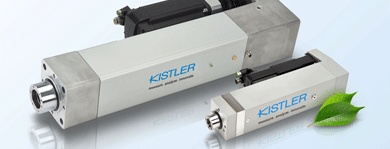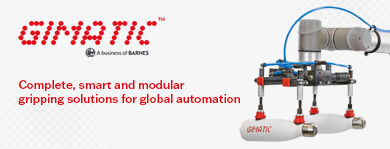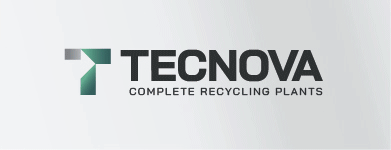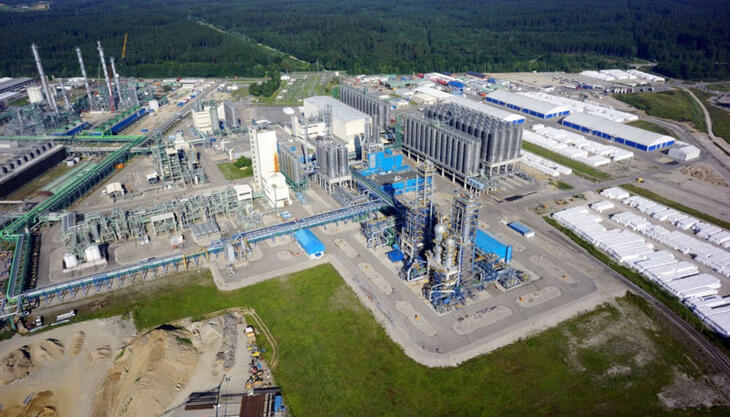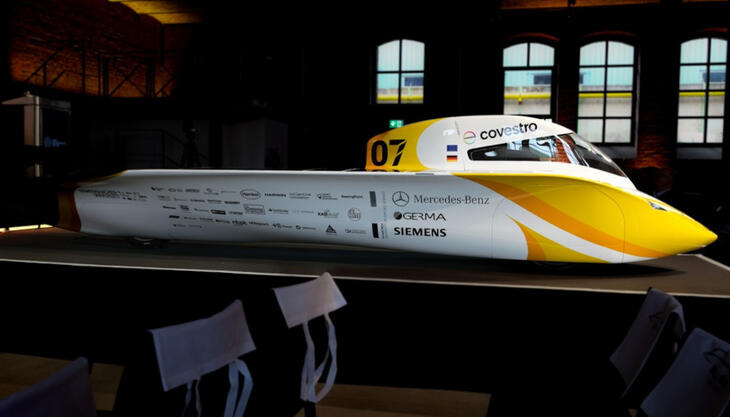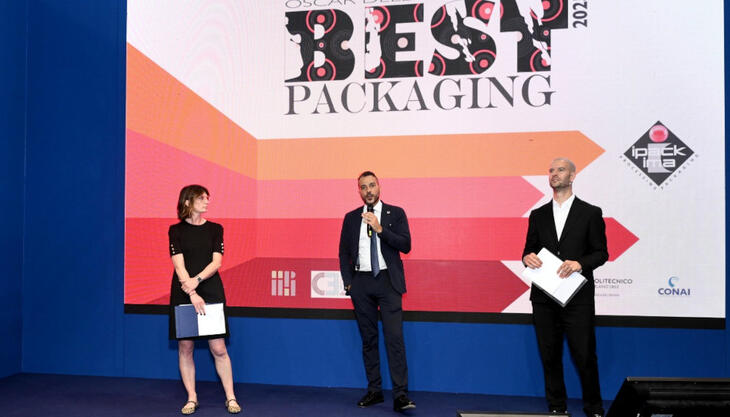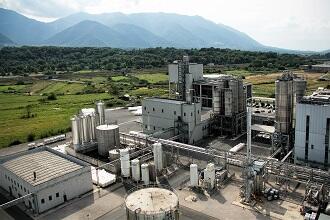
At K 2019 Novamont announced a strategic agreement with Saes and the increase of its production capacity (+36%).
Together with Saes
Novamont and Saes, two prominent Italian research and technology companies, both with extensive patent portfolios and recognised as leaders in biochemicals and functional materials, have joined forces to develop solutions to meet the growing demand for materials with lower environmental impact and very high functional performance.
After intensive joint research and development based on each of the companies’ know-how in the fields of biodegradable materials and functional materials respectively, Novamont and Saes Group today unveil a range of compostable solutions that are UNI EN 13432 standard compliant. Intended for use in a wide variety of applications, including food packaging, the new solutions provide gas and water vapour permeability comparable to that of traditional packaging and can be recycled at their end-of-life together with organic waste in industrial composting plants.
Produced using raw materials of plant origin, the packaging solutions developed by Novamont and Saes Group in collaboration with leading Italian manufacturers of flexible packaging are ideal alternatives to the multi-layer packaging that is not recyclable or is contaminated with food residues. They come from the earth and return to the earth, thereby closing the circle of the circular economy. Composted industrially, instead of being sent for disposal in landfills, the products contribute to the creation of good quality compost, an important ally in combating desertification and soil erosion.
Increase of production capacity
Following on from Terni, the Novamont group's historic site where the production capacity of Mater-Bi compostable bioplastics is 110,000 tonnes a year, in Patrica, in the province of Frosinone, Novamont has now started producing its compostable biopolymers in the Mater-Biopolymer plant. This will enable production capacity to be increased by 40,000 tonnes, in response to the strong growth in demand for biodegradable and compostable products.
As well as improving production efficiency and providing a rapid response to market demands, expansion of the Patrica site will also enable the group to diversify its production sites and ensure an ever greater range of products for different applications with an increasingly high content of renewable materials.
The production of Mater-Bi at Patrica will complement the current production of Origo-Bi, biopolyesters of renewable origin that are components of Mater-Bi.
The Mater-Biopolymer plant in Patrica, which directly employs 90 people, was built following redevelopment of the former Mossi & Ghisolfi PET plant and cost over 100 million euros in investment. Producing 100,000 tonnes of Origo-Bi annually, the new process has allowed the site to cut volumes by half compared to the previous “traditional” type of production, and to obtain products that have higher value and greater specificity.
Mater-Biopolymer is a highly efficient plant, at the same time satisfying quality, environmental and safety requirements. Its complex system of utilities minimise costs and waste through the recovery and reuse of waste, in terms of the circular economy and sustainability.
“Start-up of MATER-BI® production in the Mater-Biopolymer plant is a major achievement for our group and is the result of all the work we have carried out in recent years in innovating and industrialising our technologies,” declared Catia Bastioli, managing director of Novamont. “This further step forward, just one year after inauguration of the second biopolyester production line, consolidates our model for local area regeneration and our integrated bioeconomy supply chain, which is based on new plants in deindustrialised sites, a wide range of bio-based products designed to safeguard soil and water, and behind which we have an important network of collaborations and interactions”.









